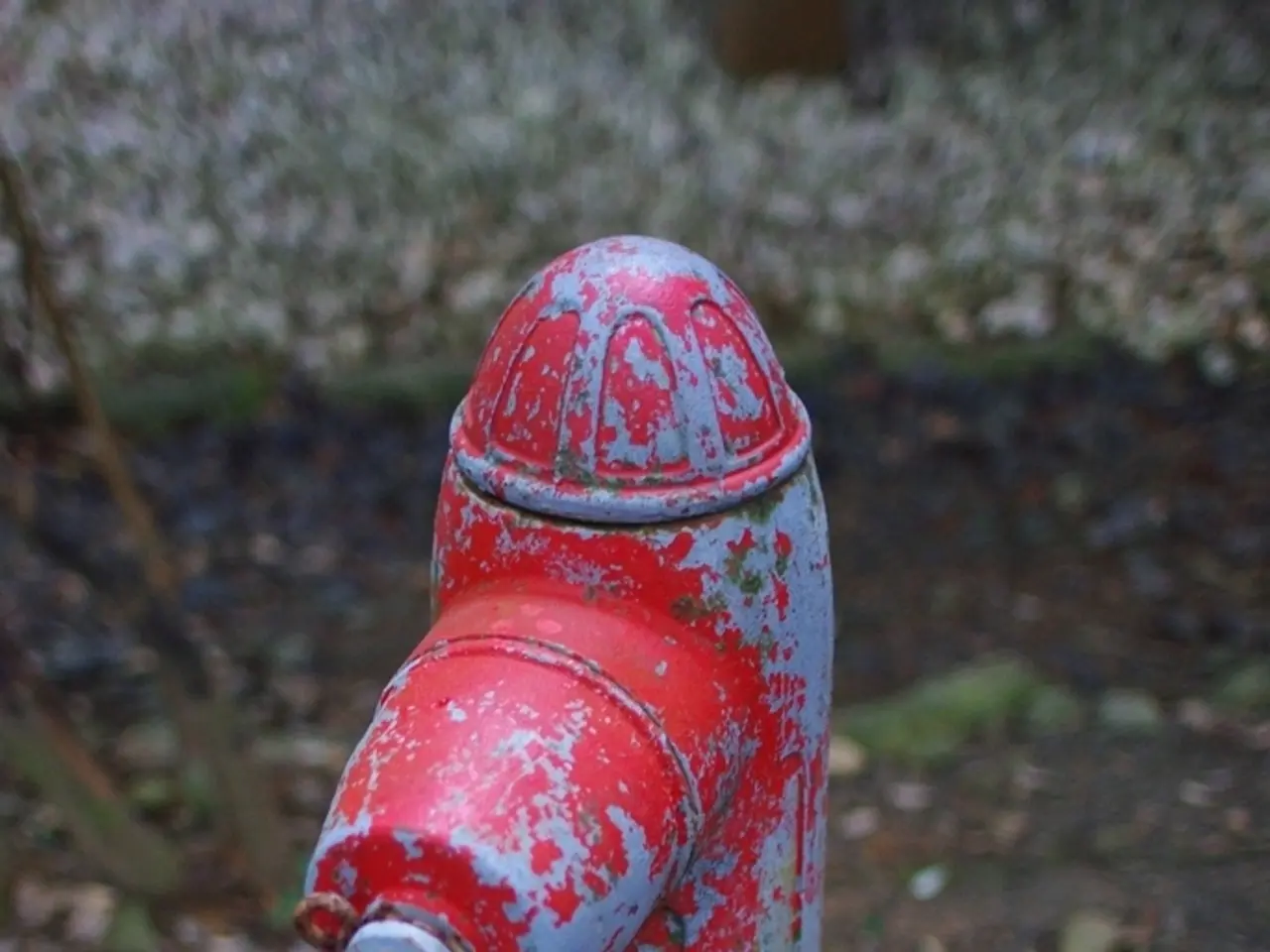Employers' Obligations Regarding Drinks in the Heat: A Guide to German Labor Law
Entitled question: Is it mandatory to provide free water for drinking in the workplace?
In the realm of German labor law, employers have specific responsibilities when it comes to providing drinks, particularly in hot temperatures. These obligations are primarily governed by the Occupational Safety and Health Act (Arbeitsschutzgesetz) and the Technical Rules for Workplaces (Technische Regeln für Arbeitsstätten).
Hydration and Heat Stress Management
Employers are mandated to ensure the protection of workers from heat stress, which includes providing adequate hydration options. This is especially crucial in environments where workers are exposed to high temperatures. The provision of water or other hydrating beverages may be necessary in such cases.
Workplace Safety Standards
Compliance with workplace safety standards is another essential aspect. Employers must maintain a safe and healthy work environment, especially during hot weather or physically demanding tasks. In such conditions, employers are expected to ensure that workers have access to sufficient drinking water.
Potential Impact of Operational Practice
Operational practices that do not adhere to these regulations can lead to legal consequences, such as fines and potential lawsuits from employees. On the other hand, providing adequate hydration and adhering to health and safety standards can positively impact employee health and productivity. Neglecting these obligations can lead to reduced performance and increased absenteeism.
Operational Practice Considerations
To mitigate the effects of heat stress, employers may need to adjust work schedules or break times. This could involve scheduling work during cooler periods of the day or providing regular breaks in cooler areas.
In terms of the provision of hydrating beverages, employers should ensure that these are readily available and easily accessible to all employees, especially during hot weather or in high-temperature work environments.
Notable Points
- The free provision of drinks and food at the workplace is expected to continue in operational practice.
- Employers are not legally required to provide mineral water or coffee at their own expense.
- There are no regulations specifying the temperature of drinks in operational practice.
- The obligation for free drinks at the workplace can arise from a works agreement with the works council.
- Employers must provide suitable drinks at air temperatures above 26 degrees Celsius and 30 degrees Celsius, respectively.
- Operational practice is established when an employer repeatedly and without reservation provides food free of charge to employees for a longer period, usually several years.
- Employees can take water from the tap in the kitchen to meet the requirement for suitable drinks in operational practice.
- The regulations regarding drinks at certain temperatures in the Technical Rules for Workplaces apply to workplaces.
- There is no legal obligation for employers to provide drinks in bottles or similar containers.
Peter Meyer, a specialist lawyer for labor law and a member of the managing committee of the Working Group on Labor Law in the German Bar Association (DAV), provides valuable insights into these matters.
Science plays a crucial role in understanding the impact of heat on employee health and performance in the workplace, thus guiding employers towards effective heat stress management strategies. In line with this, employers must adhere to workplace-wellness and health-and-wellness standards by providing adequate hydration options during hot weather or in high-temperature work environments.




